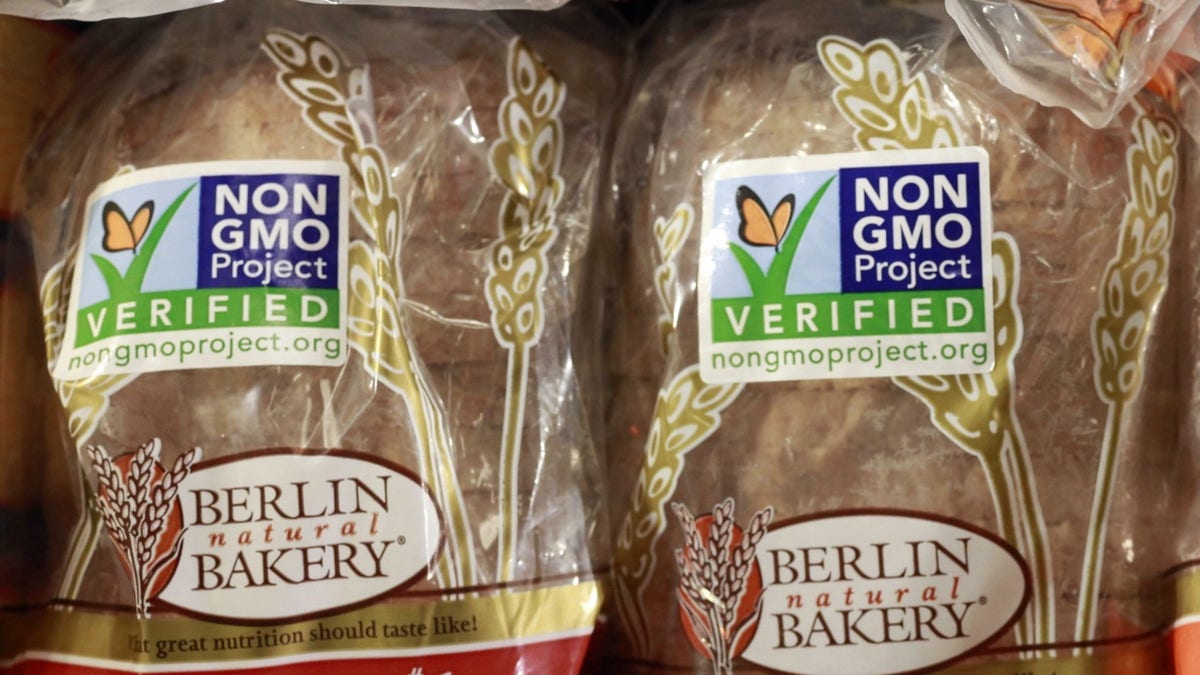
The Non-GMO Project is an independent verifier of non-genetically modified foods. The USDA has two years to develop a federal standard for new food labeling.
President Barack Obama has signed into law a bill that will require labeling of genetically modified ingredients for the first time.
The legislation passed by Congress two weeks ago will require most food packages to carry a text label, a symbol or an electronic code readable by smartphone that indicates whether the food contains genetically modified organisms, or GMOs.
The Agriculture Department has two years to write the rules, which will pre-empt a Vermont law that kicked in earlier this month.
Congressional passage came over the strong objections of Vermont’s congressional delegation. Sens. Bernie Sanders and Patrick Leahy and Rep. Peter Welch argued that the measure falls short, especially compared with the tougher labeling requirements in their state. While the bill gives companies the three options for labeling, the Vermont law would require items be labeled “produced with genetic engineering.”
Advocates for labeling and the food industry, which has fought Vermont’s law, have wanted to find a national solution to avoid a state-by-state patchwork of laws. While the food industry ended up supporting the final bill, many of the advocates did not, arguing that many consumers won’t be able to read electronic labels and that there aren’t enough penalties for companies that don’t comply.
While Greenpeace and other organizations oppose genetically engineered food, more than 100 Nobel laureates are taking a stand on the side of GMOs. Here's a look at each side's arguments. (Jenny Starrs/The Washington Post)
While there is little scientific concern about the safety of those GMOs on the market, advocates for labeling argue that not enough is known about their risks and people want to know what’s in their food.
Genetically modified foods are plants or animals that have had genes copied from other plants or animals inserted into their DNA. The bulk of the nation’s genetically engineered crops are corn and soybeans that are eaten by livestock or made into popular processed food ingredients such as cornstarch, soybean oil or high-fructose corn syrup.
The food industry says 75 percent to 80 percent of foods contain genetically modified ingredients — most of those corn and soy-based. The Food and Drug Administration says they are safe to eat.
